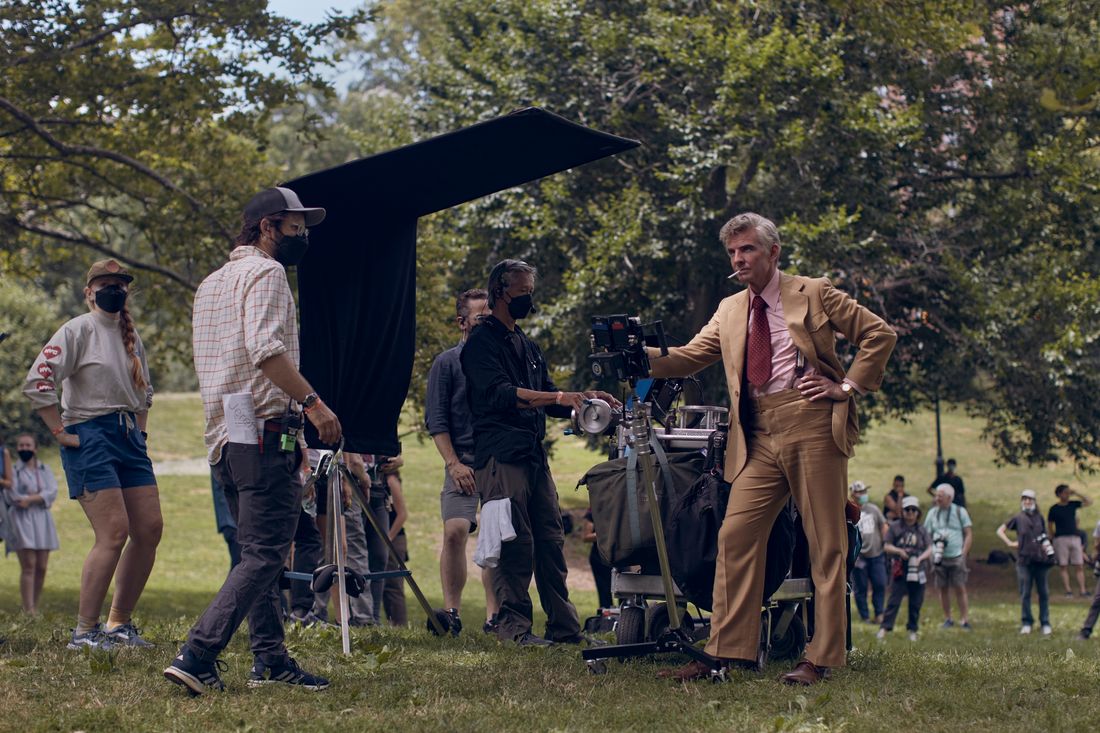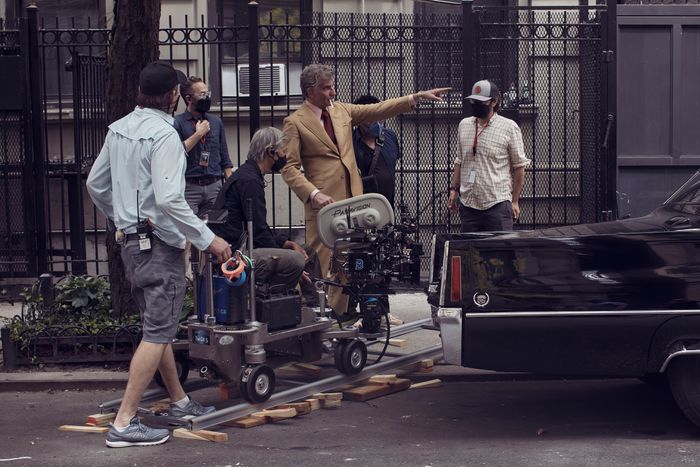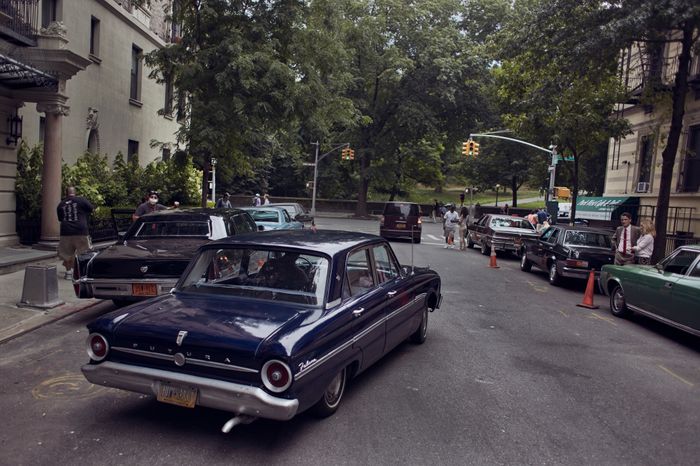
Though he was born in Lawrence, Massachusetts, Leonard Bernstein was always a New Yorker, from his first cigarette of the morning to his last dying day. More than 30 years after his death, heÔÇÖs ambling through Central Park in the person of Bradley Cooper, who is playing him in the forthcoming film Maestro. This term suggests an aloof European mandarin, but Bernstein invented a character that had barely existed before: the American conductor ÔÇö pious, possessed, profane, political, histrionic, and defensive.
He was most famous for composing West Side Story, for conducting the New York Philharmonic, and for lecturing kids about sonata form on TV, but none of these was the key to his celebrity. A public figure from earliest adulthood, he bore the spotlight with casual ease. He was cool, with the masculine allure of a ÔÇÖ50s movie star. He wore ordinary clothes like costumes: rolled-up shirtsleeves in his young hotshot days, turtlenecks in his leonine middle age. As the on-set photos suggest, Bernstein and his wife, Felicia Montealegre (played by Carey Mulligan), dressed for a walk in the park as if for a photo shoot.
He was also hot. Bernstein managed passions for a living ÔÇö performersÔÇÖ, composersÔÇÖ, his own ÔÇö and he wanted the world to know it was an intense business. He always seemed disheveled and battle weary, as if being Lenny were one ceaseless endurance test. The performances he conducted, full of character and snap, were extensions of his personality, the numen that he spread over the orchestra whenever he was on the podium. But he could also be an over-the-top conductor, indulging in extremes of interpretation the way he indulged in prodigious quantities of cigarettes, alcohol, Dexedrine, and sex. He slowed a tempo until the score dissolved or cranked it so the musicians could barely keep up. He summoned sledgehammer blows and clownish pauses, as if every measure contained a hidden crevasse and the composerÔÇÖs spirit might erupt right through it.
IÔÇÖm not sure I envy Cooper (who is directing the film and co-wrote the script) the task of getting into that storm-strafed mind or giving vent to BernsteinÔÇÖs complexities. HeÔÇÖll need to balance the generosity and nastiness, the narcissism and refined vulgarity, the magnetism and repulsiveness, the energy that outlasted everyone until he collapsed in a depressive heap. Maestro will also have to navigate the worshipfulness that surrounded him during his lifetime and the stories told by those who loved him but suffered his more piggish proclivities. (His daughter Jamie, for instance: See her memoir, Famous Father Girl.)













